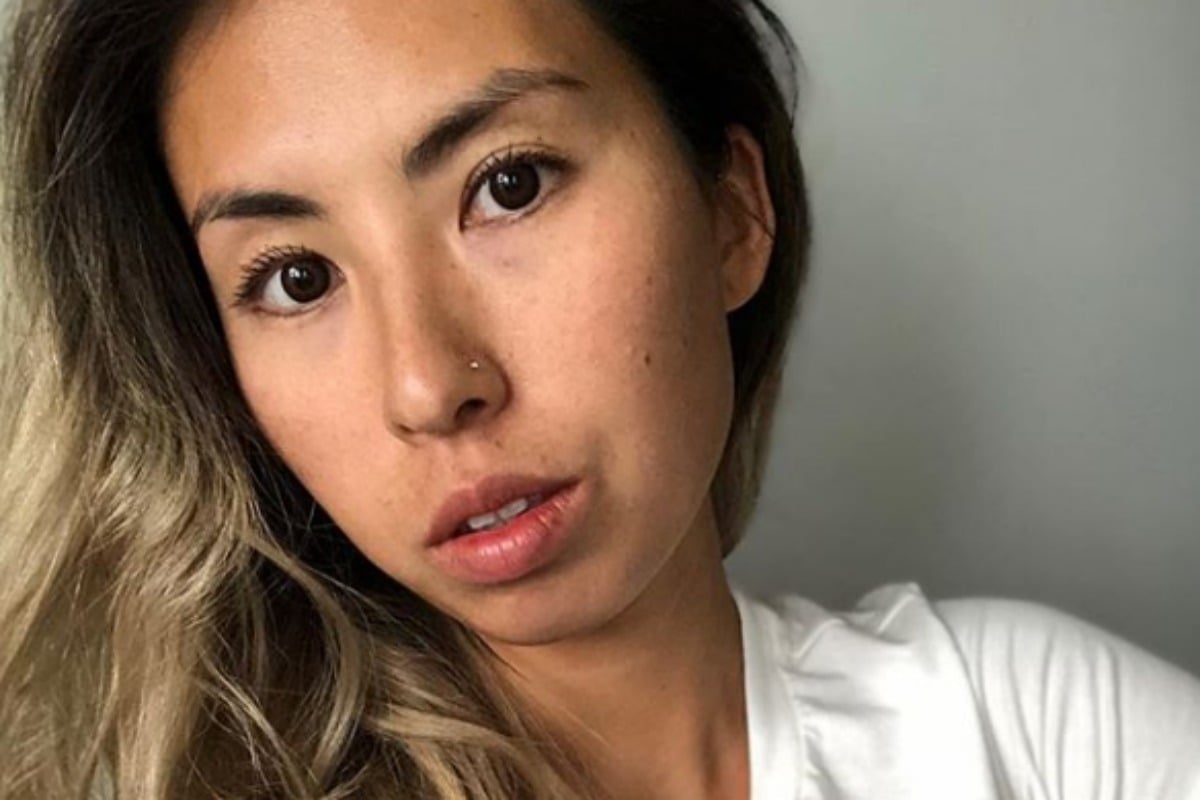
It’s now been a year since I resigned from the hospital I was working at.
Initially, I was too numb and exhausted to feel anything. I was so cognitively impaired from the sleep deprivation that I didn’t have the mental reserve to understand what happened, or have a reaction to it.
Months later, I realised my department had made me feel like I was the one with the problem, so I had never thought about the fact that maybe I was the one that had been wrong done by.
In an overworked system, doctors often just look out for themselves. I once worked with a registrar who was extremely stressed, so I took a weekend of on call off her and worked it without expecting her to “pay me back”. When I was burning out later that term, there was no reciprocation, nor any support. I was so disappointed in the lack of camaraderie, and felt betrayed especially after I had relieved that registrar out of goodwill earlier in the term. I think that sometimes we are so overworked that we don’t have that reserve to help someone else out, because we are all just treading water in this cesspool of a healthcare system. It really takes the ‘care’ out of healthcare.
How to know if you’re suffering from burnout. Post continues after podcast.
When I think about my time at the hospital, one thing that still stands out in my mind is when my head of department (HoD) muttered, “no one else has had a problem with this term before…” Now this makes me angry. We cannot (and must not) compare people’s experiences.


Top Comments
You strike me as very "soft", entitled, and weak. These aren't "qualities" one wants in a Surgeon.
Part of your HODs job is to weed out the weak, especially when it's emotional weakness.
You wouldn't make it in the real world of Surgery so just be grateful that you were "forced to quit" before anymore time and money was wasted on you.
Surely you can support yourself writing the odd article here & there. Or, perhaps you could train and open your own Yoga studio.
I am so sorry to hear what you have been through. I find it extremely concerning and it is a very serious issue.
I remember hearing 20 years ago about how many surgeons became cocaine users to help them get through the gruelling hours they had to work. I had friends who knew many of these surgeons. I would be extremely unhappy to know I was being operated on by someone who was exhausted and lacking sleep. I would actually say that I think that is unacceptable. To know they were also high on cocaine to be able to function says to me that there is a serious problem. You have our health and our lives in your hands and need to always be able to function at the best of your ability.
My husband is an airline pilot and does international flights which means he can work 20 hour shifts and fly overnight, but they have breaks where they can sleep and layovers long enough for them to recover from the long shift. They too have our lives in their hands but at least the company he works for (qantas) has everyone’s safety and well being as the number one priority.
The hours surgeons are expected to work needs to change not only so you don’t suffer burnout but so patients are being operated by someone who is clear headed and well rested. If there was ever a profession that needs to work reasonable hours it is yours. Thank you for speaking out and I hope your story gets some traction so changes are made.